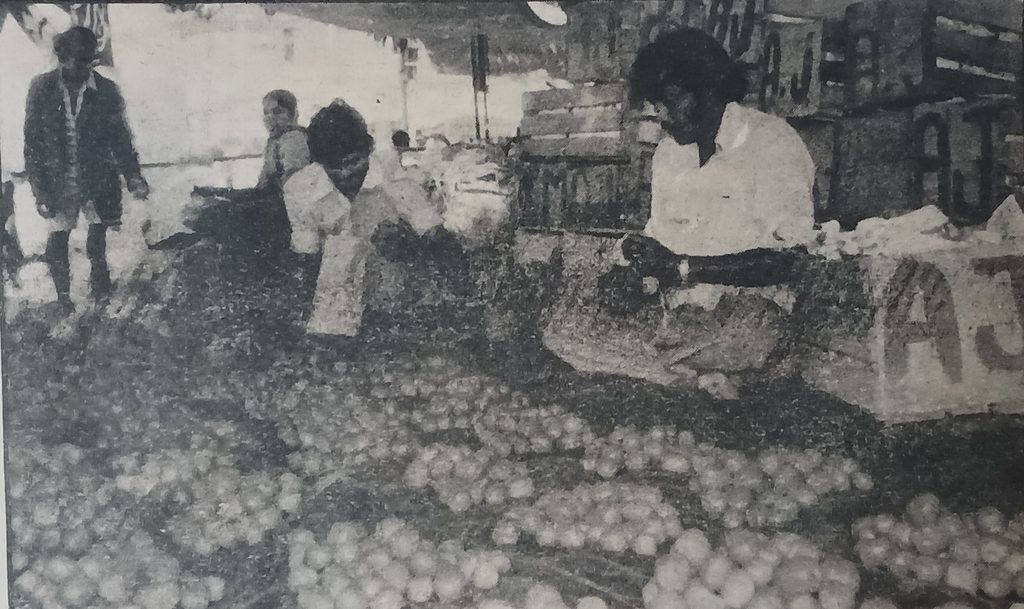IN 1985 the Suva Municipal Market experienced a surplus of tomatoes and English cabbage leading to a raging price war between Sigatoka Valley farmers and the market vendors.
An article published by The Fiji Times on August 2 that year stated truckloads of the vegetables were being unloaded at the market.
Farmers were selling English cabbages at $2 a sack, with about 45 plants in each sack. A crate of tomatoes was selling at a wholesale price of $2.50 per crate, but a few days later, prices changed, with cabbages selling at $5 a sack while tomatoes were $4 a crate.
Market vendors were selling the tomatoes for as low as 25 cents a kilogram. English cabbages were going at 70-80 cents a heap, with about four to five cabbages in a heap.
The valley farmers began selling their produce at the market at even lower prices.
Sakiusa Sokoiwasa, 28, a farmer from Sigatoka Valley Road, said the Suva City Council had been selling stalls in the market but had refused to allocate them to farmers.
“We are only allowed to sell at the market from Thursday to Saturday,” Mr Sokoiwasa said.
Arunajanam Pillay, a farmer from Sigatoka Valley, said farmers in his area were harvesting their produce by the tonnes.
Mr Pillay said he had planted three acres of tomatoes and had harvested only one so far.
“The other two acres are still there and are being destroyed by rain,” he said.
Mr Pillay said cabbages were plentiful because of the decline in the number of destructive insects.
“I sold a sack of cabbage to vendors for $5, but today it has dropped to $3 and is likely to fall even lower,” he stated.
Mr Pillay said about 200 farmers planted tomatoes in the valley.
“I’m selling my tomatoes to the vendors for 2.50 a crate, whereas an off-season crate fetched me $20.”
Mr Pillay said some of the farmers had contracts with tomato canning factories, stating the factories only paid 15 cents a kilo.
He said the tomatoes had to be free from spots, completely ripe from the trees, not distorted in shape, and be of the Alton variety.
“We can’t afford to give tree-ripe tomatoes as the rain destroys it before it ripens, and the birds also work on it.”
A spokesman for Food Processors (Fiji) Limited at Vatuwaqa said they had to buy only the Alton variety because of its size.
“We pay a premium price of 15 cents a kilo for the tomatoes because of their small size,” the spokesman said.
The spokesman said the tomatoes were used for canning as “whole peeled” tomatoes.
“The other variety of tomatoes is of second grade as far as size is concerned, and these do not fit into the cans.”
He said the Alton variety was small, and more than six could be picked in the cans, compared with the larger table tomatoes, which took only one or two to fill the can.
The spokesman said farmers were mainly from the Sigatoka Valley area and the Toga area in Rewa.



